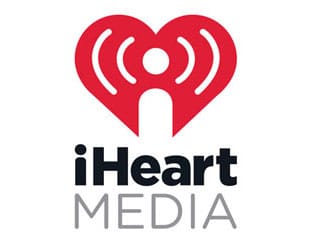Rep. Doug Lamborn (R-CO) renewed the legislative attack on NPR and roped CPB into the target list. Lamborn expressed his thoughts on public broadcasting in an piece written for the Denver Post. He said he didn’t mind liberal bias on NPR so much as he minded having to pay for it with his tax dollars.
Lamborn wrote, “Long before Williams’ firing, I had sponsored a bill in Congress to pull the plug on federal funding for NPR. I have long believed that the operation is fully capable of standing on its own. It is time for Congress to prioritize its spending to our nation’s most pressing needs. With the national debt over $13 trillion, the government cannot continue to fund non-essential services.”
Lamborn charted the cash flow, noting that while it was true that NPR gets very little directly from the federal government, it does get secondary cash flow via payments from radio station who are hooked into various government budgets.
He further believes that public stations are capable of surviving on their own, and further, that while there may have been a need for them back when most markets had three network affiliates and maybe an independent channel or two and that was it, they are not necessary any longer in a 500+ video channel universe.
Lamborn concluded, “Now that the voters have given Republicans the majority in the House, we know we will have to make some tough choices on spending. But cutting a program that can survive without federal aid should not be one of those tough choices. If their programming, much of which I personally enjoy, can survive in the free market, more power to them. If it cannot, why should taxpayers have to make up the difference?”
RBR-TVBR observation: Supporters on Capitol Hill have turned back attempts on the funding of public broadcasting in the past. Those who want it cut out of the budget soon find themselves face to face with Elmo, Bert and Ernie, Big Bird and other childhood icons – and while Big Bird may have feathers, Big Bird supporters are happy to hand some out to the attackers, accompanied by a generous coating of tar.
NPR by itself may be a much easier target – it has no discernible ties whatsoever to America’s youth, and by extension, American parents.
But it’s not as easy to separate NPR from the herd, because of its ties to local public broadcast stations, many of which are part of radio-television combinations. And while serious attempts to eliminate public broadcasting during the next two years may gain traction in the House, they are very likely to stall in the Senate.
We expect this issue to generate some noise, and go nowhere, in the 112th Congress.




